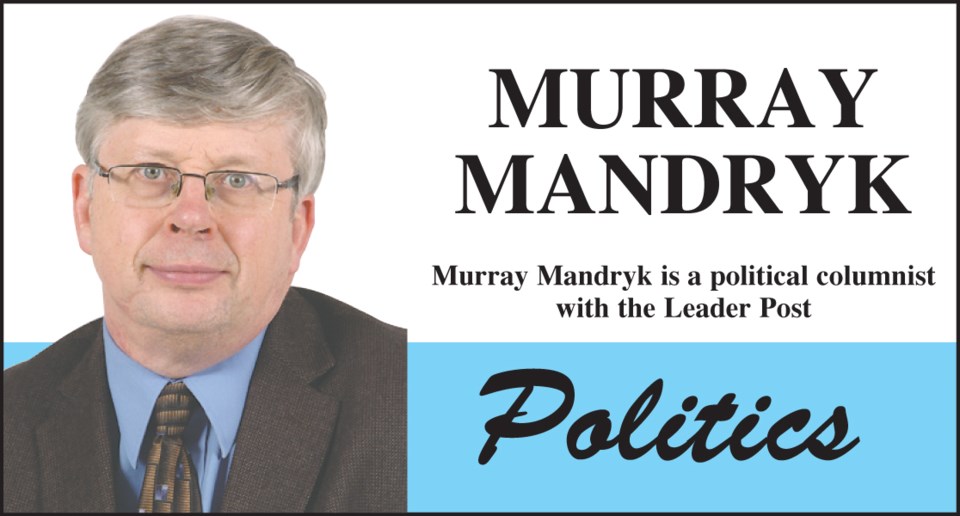When one looks back at this Saskatchewan Party government, it seems unlikely that 2019-20 budget will be all that memorable.
That’s usually reserved for budgets that have either a lot of goodies or a lot of pain. This budget really has neither.
Consider this year’s assortment of highway upgrade goodies for rural residents:
There’s twinning of Hwy. 7 at Vanscoy completing Saskatoon to Delisle twinning.
There’s two sets of passing lanes west of Rosetown on Hwy 7 and passing lane on Hwy. 2 north of Moose Jaw.
More passing lanes will be completed on Hwys. 6 and 39 between Regina and Estevan and on Hwys. 9 and 10 between Canora and Melville will be started.
We will also see 32 kilometres of repaving of Hwy. 1 west of Tompkins, 24 kilometres of Hwy. 9 repaving north of Usherville, 26 kilometres of Hwy. 10 repaving east of Fort Qu’Appelle and 23 kilometres on Hwy. 15 repaving west of Kenaston.
But this isn’t the massive lists we’ve seen in past years — partly due to re-prioritizing highways dollars to the new Enhanced Intersection Safety program that will see $13 million spent on what will be a $65 million program in the next five years.
New turning lanes, better lighting, rumble strips and clearer sight lines don’t necessarily provide government with the same-bang-for-your-buck as laying down new asphalt under your tires.
But in the wake of last year’s Humboldt Broncos bus crash, it can be argued what the government is now doing is more important.
Moreover, there is less money to go around.
Finance Minister Donna Harpauer’s 2019-20 budget has only allotted $439-million for highways and infrastructure capital works — considerably less than the $673 million in this year’s 2018-19 budget that’s wrapping up. And the budget suggests we will only see $339 million in capital highways infrastructure spending for each of the three years to follow.
But we are also seeing a $34.4-million surplus in the 2019-20 budget and the Sask. Party says to expect surpluses of $49 million, $72 million and $82 million in the years to follow. (However, one should be a little suspicious here, because there’s really no way government can predict surpluses that far in advance.)
Compare that with the $380-million deficit in 2018-19 budget, according to the third-quarter update also released last week.
Compare plans for four surplus budgets in Saskatchewan with the four straight deficits since Saskatchewan’s last surplus budget in 2014-15.
That string of deficits has increased the debt service charge (the interest on the “credit card bill” we own the bond companies for past accumulated deficits) to $694 million — an annual budgetary cost that hasn’t been this much in Saskatchewan since the aftermath of the Grant Devine government years.
Clearly, big capital spending and operational deficits has been taking its toll in this province. Public debt is $19.9 billion right now and is expected to rise to a record $26 billion in 2023.
Yes, we were hammered by the PST hike to six per cent two years ago and big-time cuts like the shuddering of the Saskatchewan Transportation Company.
But it’s also become clear this something because it clearly can no longer rely on resource revenue windfalls it enjoyed a decade ago.
In fact, resources revenues that once accounted for 20 per cent of all government revenue only accounts for $1.8 billion of the $15-billion 2019-20 budget.
And it wouldn’t even be that much if it weren’t for an additional $117-million increase in potash revenue that can almost exclusively be attributed to long-overdue elimination of the Saskatchewan Resource Credit — essentially — change to tax laws.
There’s not a lot of goodies. There’s not a lot of harm.
But it’s a responsible, honest budget and should be remembered as such.
Murray Mandryk has been covering provincial politics for over 22 years.




